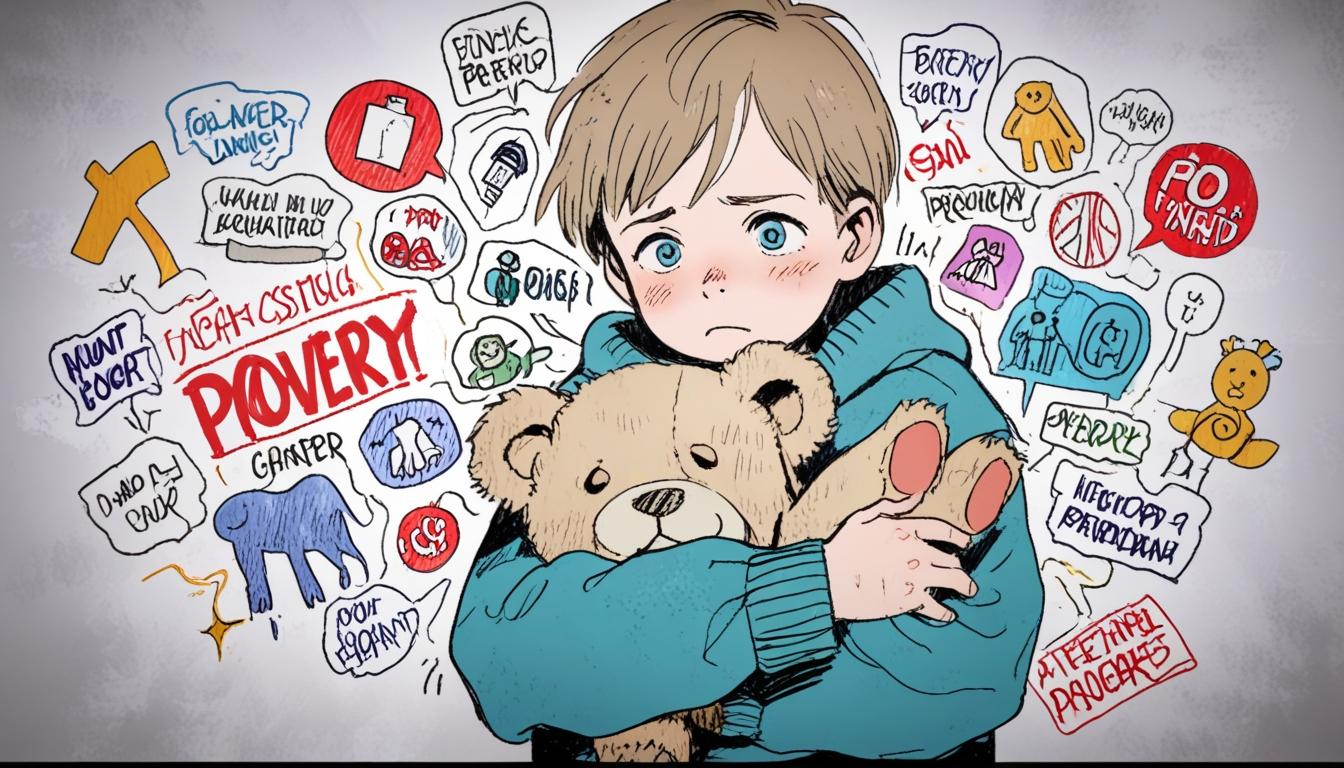John Bird, the co-founder of the Big Issue and a crossbench peer, has issued a stark warning: the Labour party must urgently address the UK's soaring child poverty crisis if it hopes to stave off the growing discontent that is fueling the rise of opposition parties. Bird points out that the recent ascent of alternative political movements is a troubling sign of the established parties’ failure to connect with the electorate, particularly on critical issues like child poverty.
In a recent statement, Bird highlighted the inadequacies of Labour's approach, suggesting that "this government, like those who came before, has lost the trust of its supporters by muddling through." His remarks reflect a society grappling with urgency for substantial reform. With around 4.5 million children currently living in poverty in the UK—a figure that has risen by 100,000 in just a year—it is evident that Labour’s current stance is insufficient, and the call for more effective solutions is growing louder.
Bird’s proposed amendment to the children’s wellbeing and schools bill seeks to create legally binding targets for child poverty reduction. This legislative change would compel any governing body to be accountable for meeting specific goals, pressing the government to take the matter seriously. He stated, “It would hold this government’s feet to the fire” and reiterated the necessity for long-term preventive measures to tackle the needs of millions of affected children.
Recent reports have painted a bleak scenario regarding child poverty in the UK. Data reveal that over one-third of children—approximately 5.2 million—are living in poverty, a record high not seen since before the Covid-19 pandemic. The Social Metrics Commission further underscores this crisis, revealing that 16 million people, including 5.2 million children, reside in poverty-stricken homes. This staggering statistic translates to nearly one in four individuals in the UK, highlighting the urgency for systemic change.
The ongoing discussion around the two-child benefit cap, a policy widely recognised as a significant factor in increasing child poverty, adds urgency to Bird’s reformist calls. Research links the cap to higher local child poverty rates, reinforcing the argument for its abolition as a necessary step to mitigate the widening gulf of child deprivation.
In response to these distressing circumstances, over 120 organisations have banded together to push for a complete overhaul of the benefits system. Their recommendations include introducing mental health support teams in schools and expanding access to free school meals for all children in families receiving universal credit. These measures aim to confront both poverty and the concerning rise in associated mental health issues among youth.
The issue of child poverty transcends mere politics; it has emerged as an urgent moral challenge. As Bird points out, there is a glaring discord between political promises and actual progress. Anna Feuchtwang, CEO of the National Children’s Bureau, supports Bird’s amendment, asserting that “legally binding targets to reduce child poverty will help turn political rhetoric into tangible change in people's lives."
Polling data emphasizes this growing dissatisfaction, with 72% of Britons believing that Labour must intensify its efforts to combat poverty—an alarming increase of 18% in just six months. The public is calling for concrete, actionable commitments from political leaders ahead of looming elections.
As discussions surrounding the schools bill unfold in the House of Lords, the necessity for urgent action to enhance child welfare and education cannot be overstated. The government stands at a crossroads: either fulfill its manifesto promises and genuinely tackle the escalating child poverty rates or face an increasingly disillusioned electorate that may turn to alternative parties offering viable solutions.
As public sentiment continues to shift and the stakes rise, the window for transformative reform remains open—but only if Labour can decisively confront the child poverty crisis and prioritize the needs of millions in the UK.
Source: Noah Wire Services
